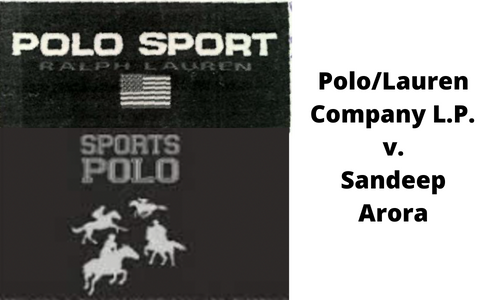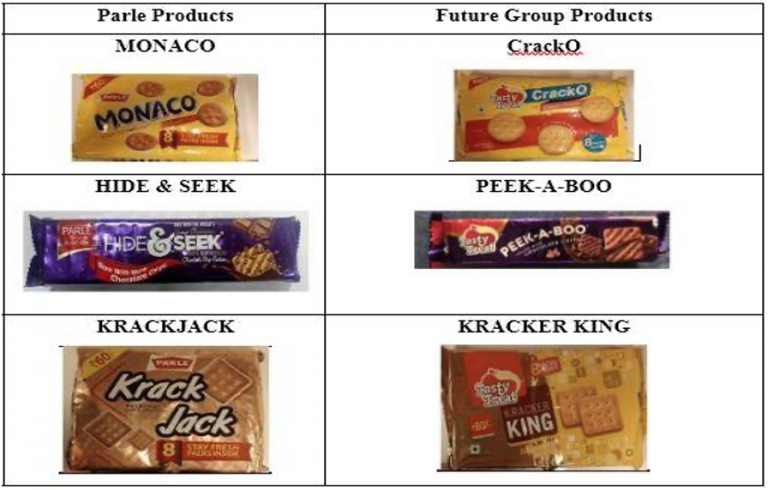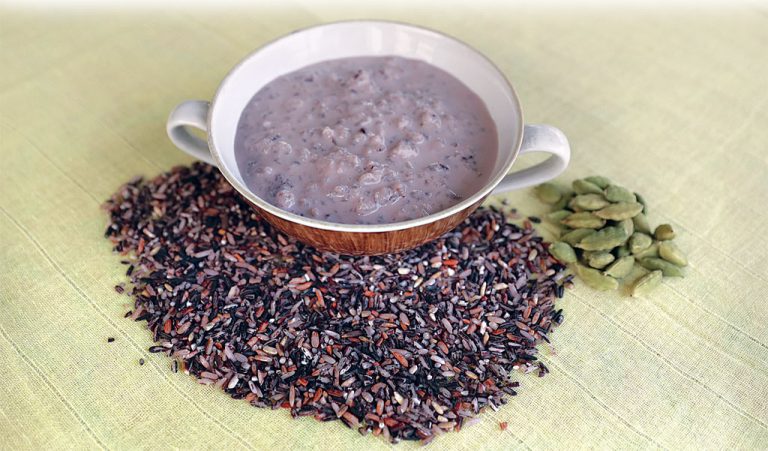Update in Agatha Christie’s Trademark Case – And Then There Were None
Delhi High court ruled in favour of Agatha Christie’s celebrated novel “And Then There Were None”
Recently in the case of Agatha Christie Limited v. Registrar Of TradeMarks , the Delhi High court granted trademark protection to the mark “And Then There Were None”. The celebrated crime fiction author Agatha Christie’s book had been published 80 years ago and the court confirmed its trademark registration after the Trademark Registry had rejected the application.
Agatha Christie Limited, the company (Plaintiff) was established in 1955 by the famous crime fiction author Agatha Christie, which is now being operated by her great-grandson, Mr. James Pichard. “And Then There Were None” is one of the famous murder mystery genre books by Agatha Christie originally published on November 6th, 1939. The matter had been taken to court after the Trademark Registry had rejected the trademark application for the said mark on grounds that it was not distinctive enough.
The Plaintiff claimed that they had applied for trademark registration for the mark “And Then There Were None” in 2017 under classes 9, 16 and 41 under TradeMarks Act, 1999.
The Plaintiff claimed that on the date when the application was filed, no mark, even remotely similar, had been applied for registration or was in use, in relation to the goods and services in respect of which the registration was sought by them.
The Trademarks Registry rejected the application stating that the “applied mark is a kind of mark where one needs to educate the people that it’s not just any phrase but a trademark and is intended to be so used. Applied marks are only proposed to be used. There is no substantive evidence that the applied mark has been used as a trademark ever. Applied marks lack distinctiveness.” Hence, it was ordered that the applied mark was not registrable.
The court opined that the right to register a trademark is a right conferred by the Trade Marks Act, 1999, and it should not be disallowed if the mark does not suffer from any of the infirmities defined in Sections 9, 11, and 13 of the Trade Marks Act. The court stated that the impugned order did not allege that the mark, or any mark deceptively similar thereto, was ever registered, or even in use in respect of goods or services identical or similar to the marks in respect of which registration was sought by the Plaintiff. Nor was there any allegation that the mark “And Then There Were None” was descriptive of the services in respect of which its registration was sought.
The court set aside the order of the Trade Marks Registry noting that it was not reasoned and denied the rights to register the trademark of the Plaintiff without due justification. It further explained that the right to register a mark is a valuable right, partaking of the character of Article 19(1)(g) of the Constitution of India. Any order refusing the registration of a trademark has to be informed by reasons which should be apparent on the face of the decision.
This case throws light on the importance of the right and freedom to trade, including the right to register trademarks and seek trademark protection.
Here the courts noted that there are some set-out grounds for refusal of registration of trademarks, and also stated that they are exhaustive and should also provide any sufficient reasons based on those grounds. Trademark protection should not be refused to a bona fide applicant.
Hence, the Plaintiff’s mark will be entitled to registration as sought in respect of the services under Classes 9, 16 and 41 of the TradeMarks Act, 1999. While allowing the appeal, the court remitted the matter to the office of the Registrar of Trademarks.






